
AndrewKlein46
Libraries
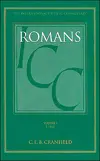


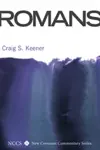



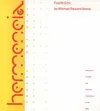

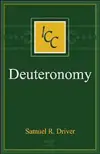

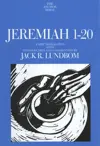


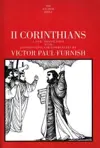

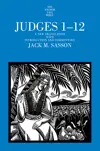


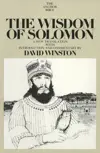

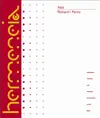

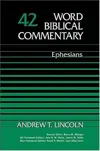

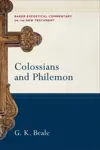

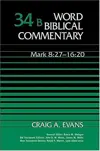

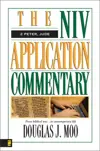

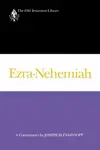

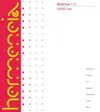


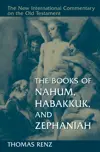

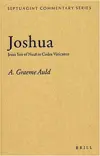

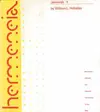


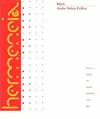

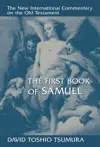

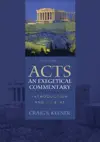


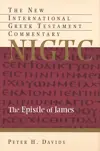

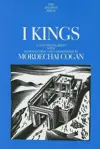

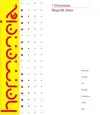

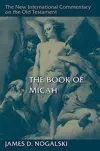




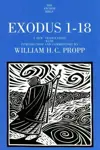


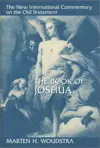

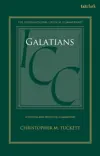

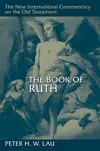

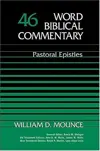

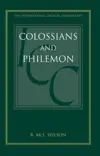

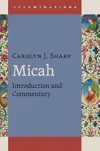

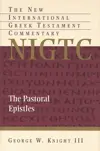

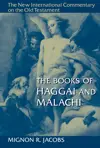

Reviews
Ezekiel 38–48. AYB. Yale University Press, 2018.
A very worthy successor to Greenberg's original work! In fact, Cook brings in some lenses of interpretation for Ezekiel that were not as prominent in Greenberg, especially in H intertextuality.
Psalms. 3 Vols. AYB. Yale University Press, 1970.
Everything you've heard about this commentary is true: While the coverage of Ugaritic is vast, the actual coverage of the Psalms is sparse! If you can pick up this set for cheap (or free!), the comparative linguistics has some merit, but don't count on this as your only stop for Psalms exegesis.
Judges. 2 Vols. Herm. Fortress Press, forthcoming.
Considering the recent surge of conservative commentaries on Judges that are more theological than anything else, Smith and Bloch-Smith's major critical commentary on Judges 1-10:5 is refreshing in that it engages with a lot of literature that conservative commentaries typically do not (many German and French resources, as well as an abundance of essays and articles). That being said, many of the more conservative commentaries on Judges do a better job contributing to the conversation and saying something new about the text, while more liberal commentaries tend to just be a collection of textual variants and scholarly opinions. Unfortunately this liberal tendency is true of Smith and Bloch-Smith quite often. Do not mistake me, this sort of critical commentary is necessary, and a great tool to have on one's shelf, regardless of its low entertainment value!
Judges. AYB. Yale University Press, 1974.
Introduction seems to be having a hard time actually staying focused on Judges, and the commentary does not make up for the bad intro, as it is far too brief.
Judges 1–12. AYB. Yale University Press, 2014.
Unfortunately underwhelming, but still very solid!
Micah. Herm. Fortress Press, 1984.
Good exegesis, but far too short. It is a shame Hillers never got to revisit Micah and flesh out his work here.
Revelation and the End of All Things. Eerdmans, 2018.
The book of Revelation has been put through much in the past decades. Most churchgoers are afraid to even touch the book because of many years of terrible interpretation that encourage fear and political speculation. Koester counteracts this, by using levelheaded and accessible scholarship to illuminate even the most obscure parts of John's Apocalypse. An absolute must-have for anyone who has even thought about studying Revelation.
Fourth Ezra. Herm. Fortress Press, 1990.
It is exceedingly difficult to find full length works on 4 Ezra in the English language, and Stone provides the most accessible work to date. Unlike the works of the past, which are highly critical and advanced treatments of 4 Ezra made for the scholar, Stone aims for the interested layman, hoping to illuminate the central message of 4 Ezra above all else. I say, "interested layman," because base level critical knowledge is certainly required. But for those who hope to understand more about this enigmatic apocalypse, Stone's commentary is a must have.
Judges. ICC. T&T Clark, 1910.
Unfortunately, Moore's commentary is a victim to its age and the priorities of biblical scholarship when it was written. Moore suggests an--in my own estimation--unnecessary amount of layers of redaction; he proposes three major layers, all of which are in themselves pieces of redaction, tying together other sources and narratives. He dismisses explanatory verses as editorial glosses (i.e. Judg 4:5, a verse that sits fine in context but is apparently not relevant enough for Moore to count as original). Of course, if you are looking for critical study of Judges, it is almost a requirement to at least look back at Moore's work (as is the case for much of the ICC). But, to put it simply, biblical scholarship is not where it was a century ago. Source criticism is not nearly as important as it once was, so this commentary which is almost entirely consumed by it shows it age in the worst way possible.
“Judges” in Numbers to Samuel. NIB. Abingdon Press, 1998.
Does an excellent job demonstrating the masterful literary qualities of the book of Judges. Olson also has a strong focus on interpretation and application rather than being bogged down by unnecessary critical issues that hinder exegesis rather than help it.
I Maccabees. AYB. Yale University Press, 2022.
Schwartz particularly sets out to examine how 1 Maccabees appropriates Hebrew Bible language while flying in the face of the morals and religion of the Hebrew Bible. With this goal in mind, Schwartz is very successful. I especially enjoyed his examination of the contrasts in theology between 1 Maccabees and 2 Maccabees. Full length commentaries on books of the Apocrypha are rare, so every entry is appreciated!
Isaiah: A Mentor Commentary. 2 Vols. Ment. Mentor, 2019.
Lacks some critical and technical data, but still has solid exegesis. If you're looking for something pastoral and devotional for Isaiah, this isn't a bad stop!
Ezekiel 1–20. AYB. Yale University Press, 1983.
One of my first Biblical Studies classes during my undergraduate work was a class on Ezekiel. I did not have very good guidance on how to find a good commentary for my final research paper. I had slogged through many very poor commentaries that had made me exhausted; I was close to giving up. That was until I got to Moshe Greenberg's work. It was reinvigorating. Daniel Block's commentary is a close second, but the expertise Greenberg displays as well as his reverence for the text makes this two volume work the best on Ezekiel, even despite the fact that it does not cover all 48 chapters.
Ezekiel 21–37. AYB. Yale University Press, 1997.
One of my first Biblical Studies classes during my undergraduate work was a class on Ezekiel. I did not have very good guidance on how to find a good commentary for my final research paper. I had slogged through many very poor commentaries that had made me exhausted; I was close to giving up. That was until I got to Moshe Greenberg's work. It was reinvigorating. Daniel Block's commentary is a close second, but the expertise Greenberg displays as well as his reverence for the text makes this two volume work the best on Ezekiel, even despite the fact that it does not cover all 48 chapters.
Amos. AYB. Yale University Press, 1989.
While I understand the complaints of many who find this commentary to be too long, my love for Amos and my love for Andersen and Freedman's work easily makes this commentary one of my all time favorites! Although, the warnings are true: This commentary is for extensive research only, and it is probably not suitable for casual reading.
Amos. AYB. Yale University Press, 2017.
Eidevall's goal of leaving behind the person of Amos in order to focus on the book of Amos is admirable; however, his insistence on redaction criticism makes it so that the canonical book of Amos is hardly ever in focus. His focus on his proposed layers of redaction seem to be more important to him than actual exegesis of the current text. There is sound commentary to be found in here, it is just hidden within his overwhelming criticism.
